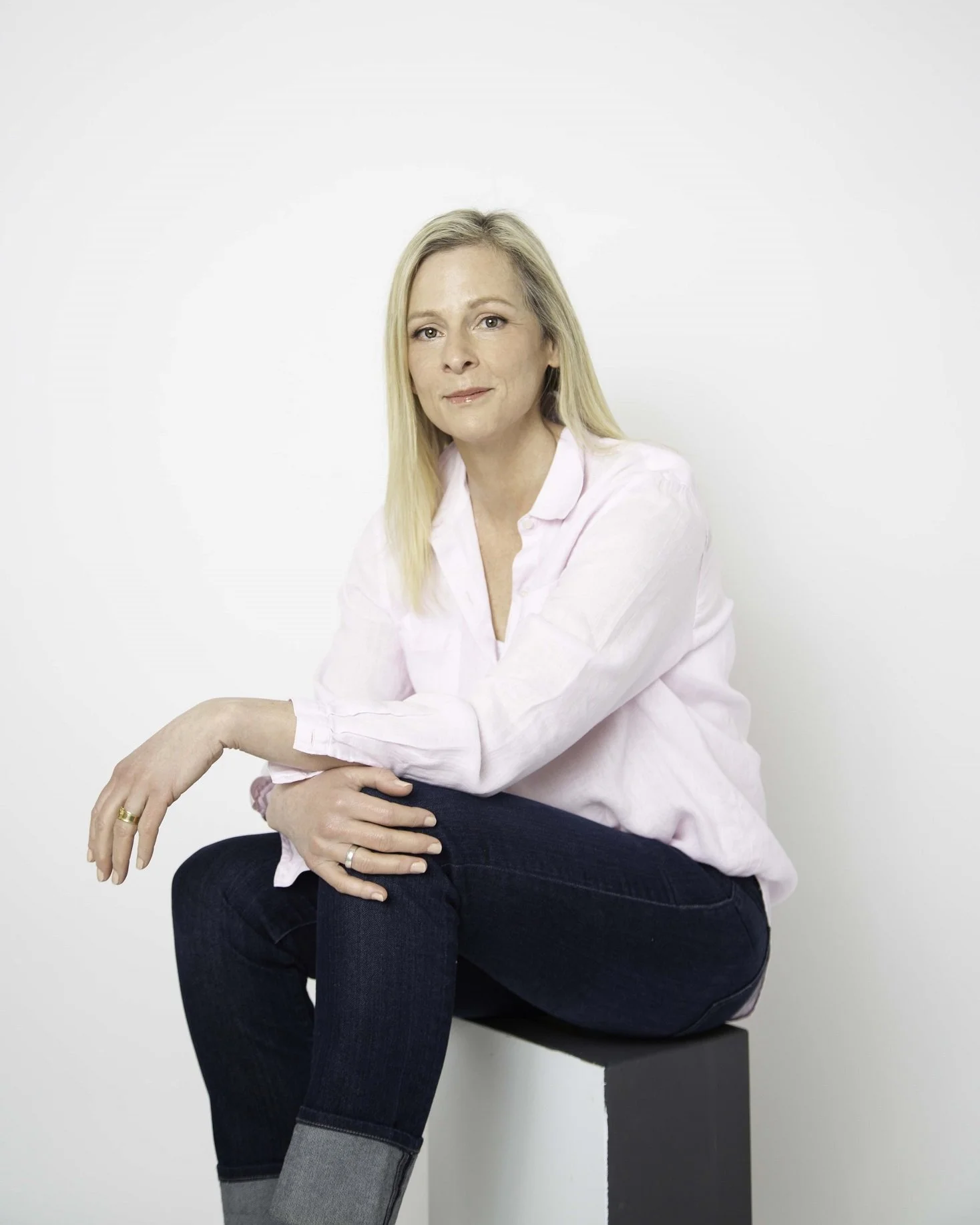Messages from Angels
/Lorna Byrne was born in the 1950’s in Ireland and was growing up, like many at the time, in a monetarily poor family. Despite being severely dyslexic with the help of speech recognition software and assistance with proofreading and editing, she has written seven highly successful books, with the first Angels in my Hair becoming an international bestseller.
Angels have been in her life from the moment she was born. She didn't realise they were angels but she remembers reaching up to try and touch them when she was in her cot. Later, when she was with her brother playing with blocks in front of a fire their hands touched and at that moment angels circled them telling her that she must keep them a secret. She was very young at the time but the angels told her that her brother had died before she was born and was a soul. Lorna thinks keeping it a secret was one of the things that the angels were doing to protect her.
From a very early age, the angels told Lorna that she would write a book about them. She used to laugh when they said it, telling them it was unlikely because she had dyslexia and could not read or write. Because of her dyslexia she was put in the bottom class at school and never finished primary school education after doctors told her parents she was retarded
Some people see angels as a metaphor for goodness, kindness wisdom and knowledge but Lorna talks about actual entities and sees angels physically with clarity. When she was a child she didn't know they were angels and it wasn't until they told her that her little brother was a soul that she started to understand. Even then she still thought her parents could see them but the angels kept reminding her to say nothing. Lorna sees angels as a beautiful light and sees them tumble down from the heavens and stop before they land. She can’t really describe them further but says they give a human appearance in the light but that they can be very faint. Sometimes they tell her their names but because they are always around people and give the impression they want to help even with trivial things, she gave them a name of the unemployed angels.
Lorna doesn’t know why she can see angels. She thinks perhaps it is because she was considered retarded. No one talked to her and she was very silent and quiet so the angels became her teachers. They also made predications about her life. They told her when it was time to write a book but at the time she was busy being a mother. When she was about 10 years old, an angel showed her the man she would marry and told her that he would die young so in some ways Lorna feels her life is predetermined and that she has no free will like everyone else but she realises that to do that the world has to play its part so she can play hers.
Lorna feels that it’s to do with spiritual growth, connecting the soul with the human person. She feels everyone has a soul and that it is waiting to intertwine - the soul exists and the human attaches to the soul so when someone dies, the soul continues with all knowledge of that human person. The soul is the life force. The human body gets weaker but the soul never weakens. She also thinks that everyone has a guardian angel that never leaves them while other angels or the soul of a loved one can come or go. The guardian angel tries to help and give guidance to make life a little easier. Connecting into that is really important.
For many people their resilience comes from their ability to believe and having a path laid out for them. Lorna feels her angels have helped her to push ahead and given her the courage and resilience she has needed to overcome the obstacles in her life. This has taken her to incredible places and extraordinary experiences and people and shows that being limited in some ways in terms of skills doesn't mean you don't have the capability to achieve great things. When her first book came out a number of young people who had learning difficulties approached Lorna and told her she had helped give them the courage and resilience to achieve what they wanted to achieve.
Lorna doesn’t know how she has achieved what she has and has needed courage because she has been ridiculed by any people but she says she loves them anyway because the love she has for mankind and for nature overcomes all of the negatives. This represents the idea that if you are secure in yourself it doesn't matter what other people think about you. It doesn't matter what the source of the security is, whether it's a rational, cognitive thing or a faith, belief or spiritual, the idea of being a strong version of yourself is important.
Lorna set up a children’s foundation in 2015 that supports the work of charities around the world in helping children who are suffering from poverty, illness, grief or war and has also helped to set up a online sanctuary for people from around the world, of all backgrounds and beliefs to come together.
Over the years Lorna has met with a lot of scepticism but many other people have visited or contacted Lorna, seeking healing or wisdom through God and the angels. She feels the scepticism doesn't matter because she just wants to help to change people’s lives.
You can find out more about Lorna at lornabyrne.com
You can listen to the podcast in full and find out further information here. Our upcoming guest list is also available along with our previous blogs.
Find out more about our innovative Resilience and Burnout solutions.
















